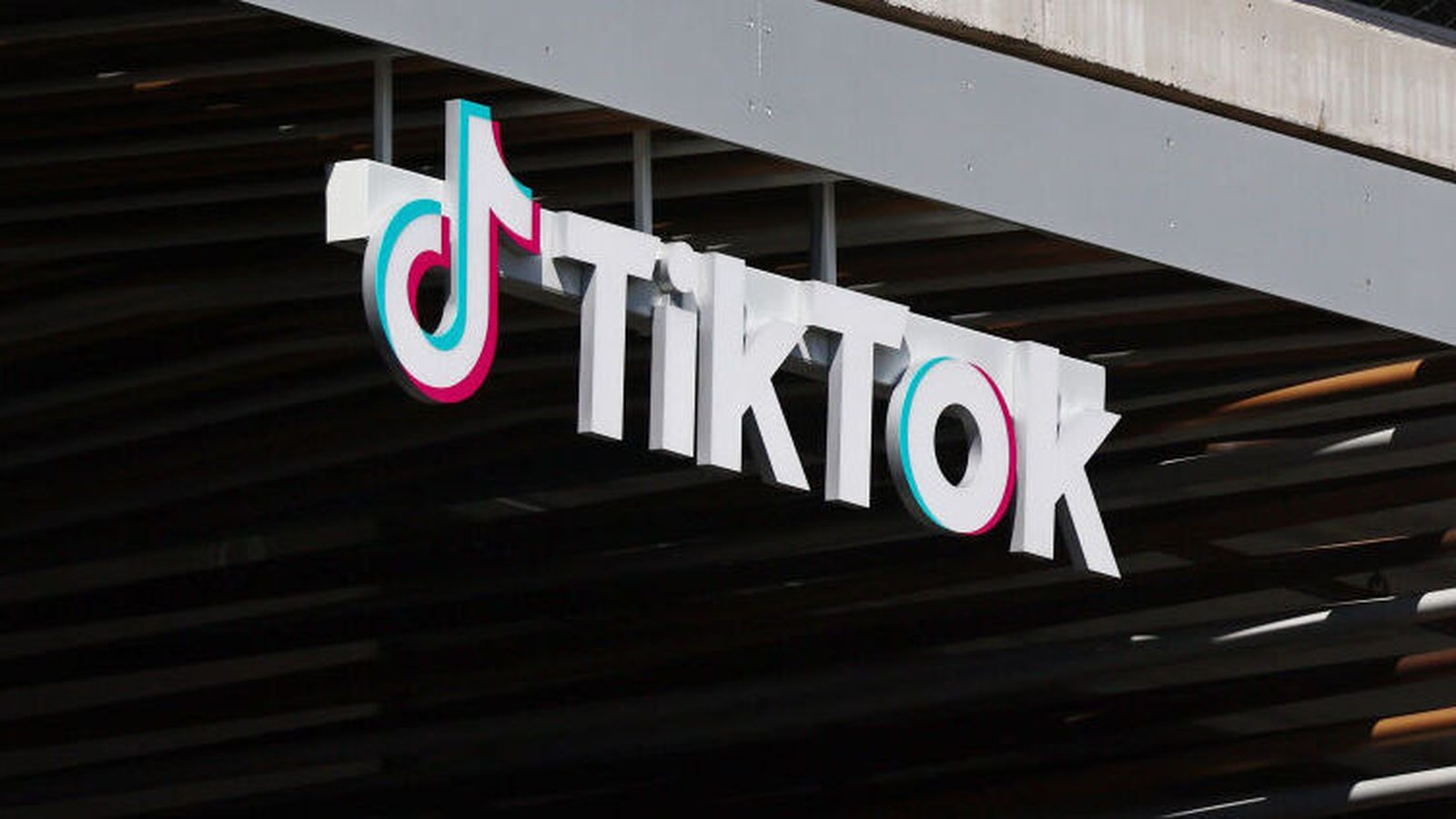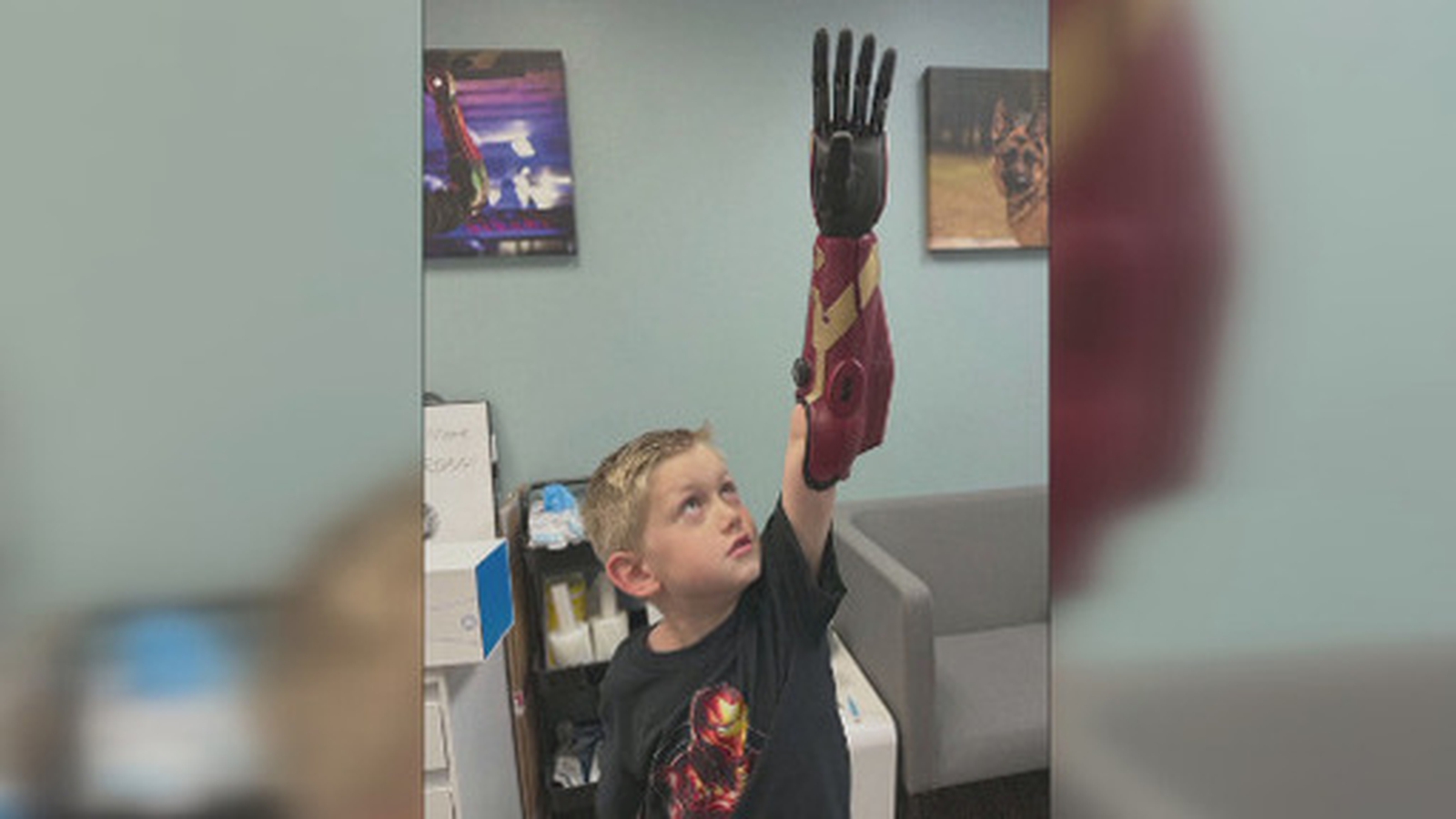Committee hears of risks and opportunities provided by AI


Just 2% of businesses in Ireland have “responsible” fully operationalised artificial intelligence (AI), an Oireachtas committee has been told.
“90% of organisations have AI principles, [but] only 2% have fully operationalised responsible AI,” the head of Accenture Ireland said.
Hillary O’Meara told the Oireachtas Enterprise Committee that “closing this gap is crucial.”
Ms O’Meary said: “It is important to be cautious about the widespread use of these technologies without proper oversight. Responsible AI practices are necessary due to the unique considerations of GenAI, or generative AI.”
Three of the top consultancy firms are appearing before politicians to discuss advancements in AI, particularly generative AI.
All the representatives spoke of the benefits provided by artificial intelligence but said there were risks attached for businesses.
Eoin O’Reilly from EY Ireland said: “Many organisations will be racing to use AI in 2024, but responsible and ‘futureproofed’ adoption is crucial to avoid pitfalls ahead of new regulation.
“In this context, the EU’s recently passed AI Act is very welcome providing significant guardrails for organisations and a first-mover advantage to the block.”
David Lee from PwC Ireland pointed to the firm’s research last year, the PwC 2023 GenAI Business Leaders Survey, which found that 76% of respondents expect GenAI to significantly impact their enterprise over the next five years.
He said that over three-quarters of Irish CEOs (76%) expect GenAI to increase cybersecurity risks in the year ahead.
The majority of Irish CEOs expect that GenAI will increase the spread of misinformation (62%) and legal liabilities and reputational risks (55%).
Sinn Féin TD Louise O’Reilly said the technology revolution had not been good for workers, referring to the right to switch off.
She asked how generative AI would protect workers’ rights as the representatives suggested, saying it was an “issue of genuine concern”
“You’re correct in the perception, that there is a level of apprehension among employees,” Mr Lee said.
Managing Director of Accenture Ireland, Hillary O’Meara added that communication with staff was vital.
An example she gave in Accenture was that everyone in the firm had been trained in generative AI “so that we understand it and aren’t afraid of it”.
“We’re having that dialogue with employees, and I think everyone should do the same.”
She added: “This technology can help as a support or co-pilot, or an assistant to you as you do your work and actually save you some more of the … administrative parts of your work and free you up to do some of the more interesting parts.”
“Generative AI can help, but our people are still the most important part of our business,” Mr O’Reilly from EY Ireland said.
Deputy O’Reilly said the executives before the committee were talking about skilled and semi-skilled workers, and asked how we can “build in the human element” when it came to the likes of delivery cyclists.
“For an awful lot of people [this technology] will simply remove compassion from the middle layer.”
She added: “When you take it out and put it onto the streets or into a factory, it’s very, very different, and I’m not hearing that that’s being tackled.
“There seems to be an attitude … that certain types of workers can be run by this [generative AI] and that to me is very dangerous, and it devalues and dehumanises the person who’s at the very bottom of that chain.”
David Lee from PWC said many companies he worked with were in manufacturing, and not all their staff were professional.
“I can only talk to the bona fides of the people who have engaged with us … I think in any environment you’re going to have rogue operators and I don’t think we should design for the minority and not address the opportunity presented to the majority.”
Mr Lee outlined that governance is the most common theme for companies.
“The awareness … among the organisations is definitely there”, he said.
Ms O’Meara said that Government would have a very important role in generative AI.
“We will have to have the regulation, the policy to mind vulnerable workers and that’s always been the case, and when you see the advancement of generative AI, that’s going to become even more important.”





